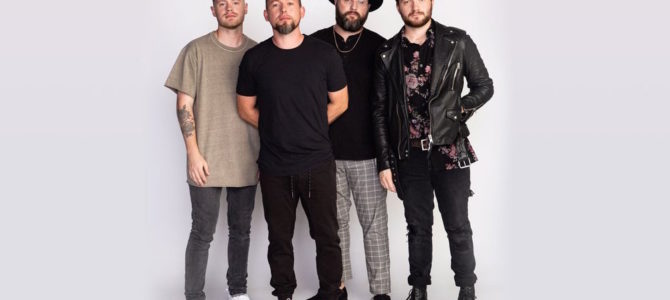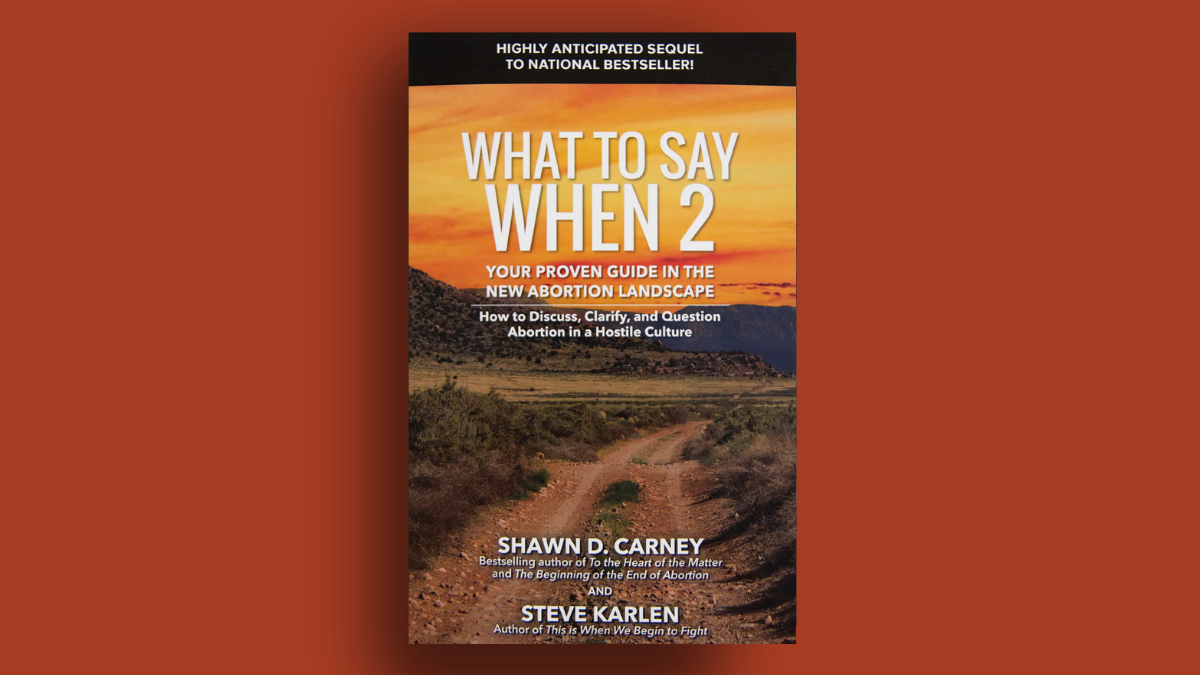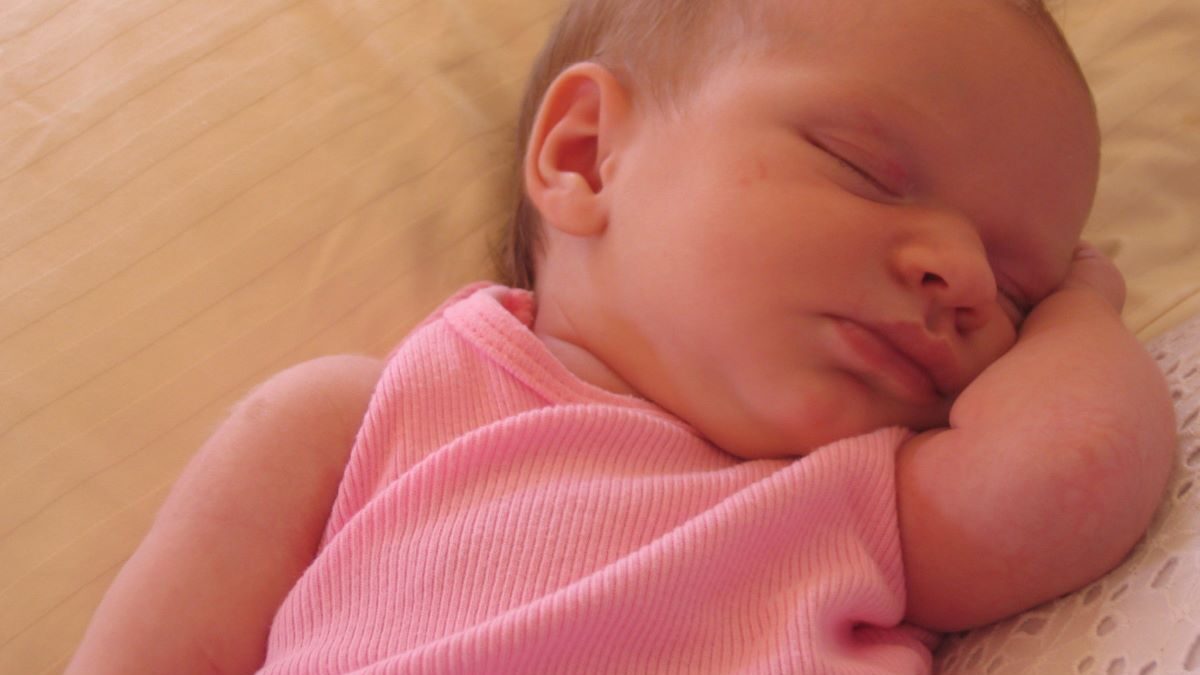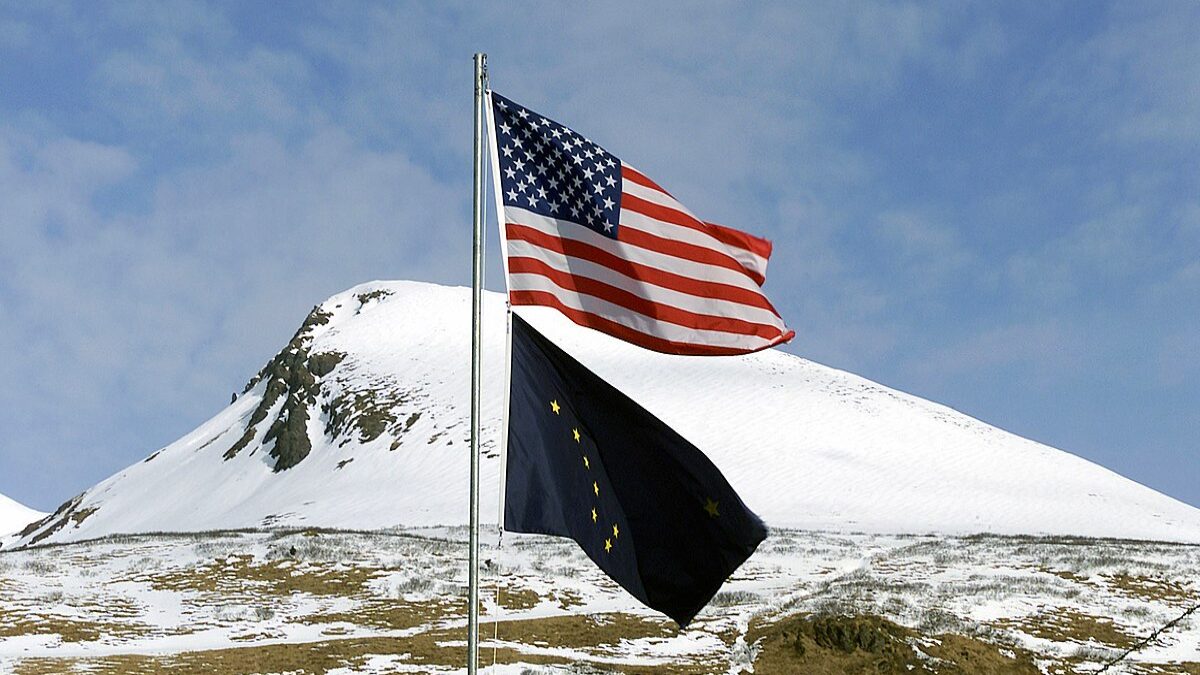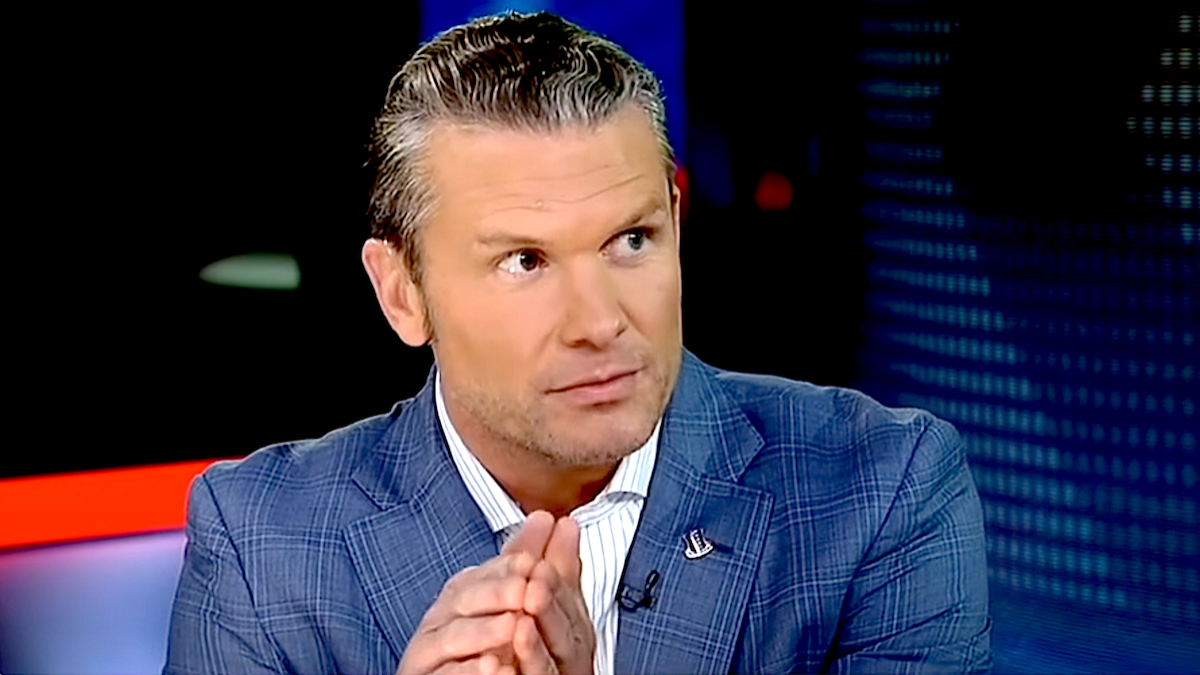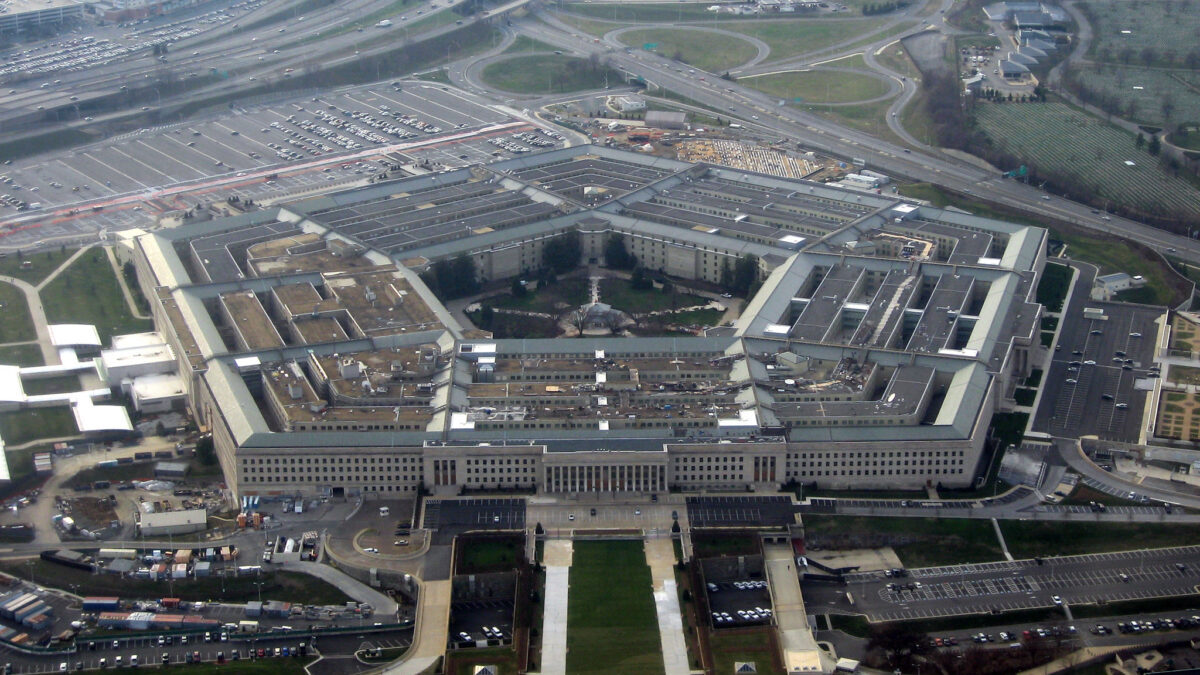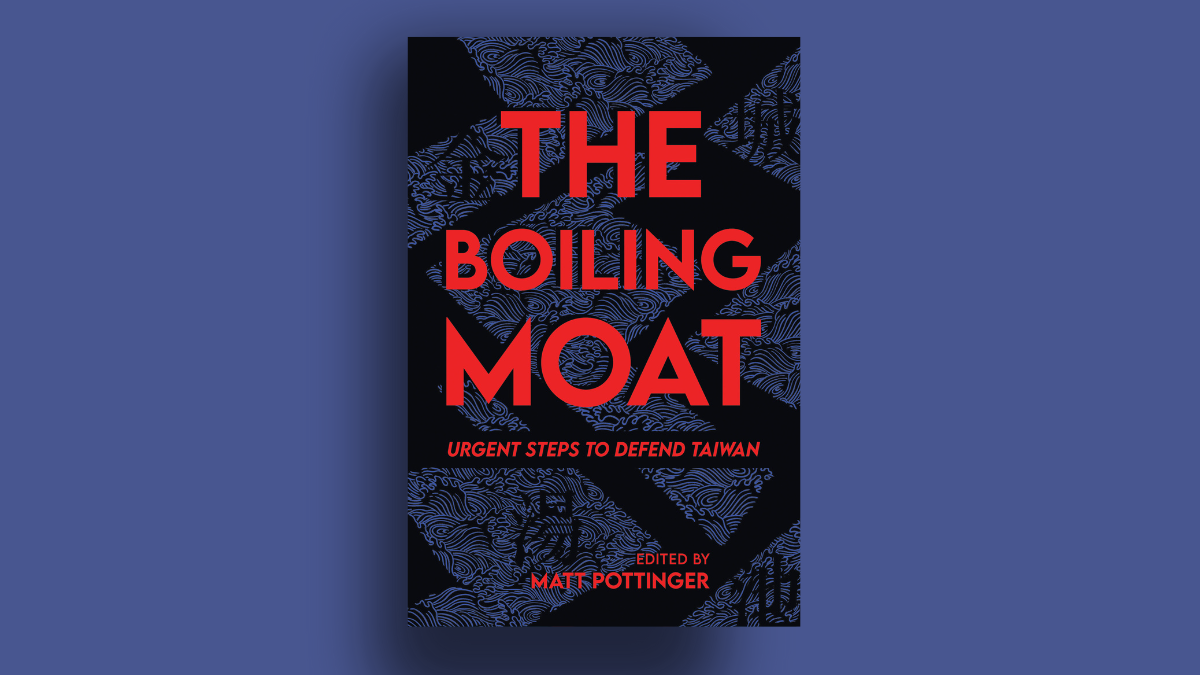We Are Messengers, a Christian band who performed at the March for Life pre-march rally Friday morning, took a swipe at the media for its portrayal of American culture.
Looking out over the vast crowd gathered on the National Mall, lead singer Darren Mulligan, said, “This is what unity looks like. This is what American looks like.”
Mulligan, an Irish American, continued, “I hear on the news, ‘Oh, America’s falling apart. America’s so divided.’ …But I see you all here in a beautiful picture of what America looks like: One people under God, under one sky.”
He didn’t stop with his critique of the media, however, next addressing pro-lifers themselves.
“We’re pro-life, pro-baby. But we’re also pro-woman.”
You can’t tell young women they can’t have an abortion if you aren’t willing to do something to help, Mulligan said.
“America, you do a lot of talking sometimes, and not a lot of doing. … You’ve got to be taking care of people. … Let’s be about that love.”

Mulligan doubled down on the importance of faith and the pro-life message, taking a third swipe at people of all political stripes for squabbling over what he believes to be secondary fights in the culture war.
“America, if you’re going to be obsessed with plastic straws and what bathroom people can use, you’re missing the big picture,” he said. “This is what matters: family and freedom.”
The first group on the rally stage this morning, We Are Messengers will be followed by remarks from abortion survivors, congressmen and congresswomen, notable pro-life Louisiana Democratic state Sen. Katrina Jackson, and even President Donald Trump, making him the first president ever to appear at the March for Life.
After the rally, attendees will march up Constitution Avenue, where they’ll conclude outside the Supreme Court, the site of landmark Roe v. Wade decision that made abortion legal in the United States 47 years ago.
